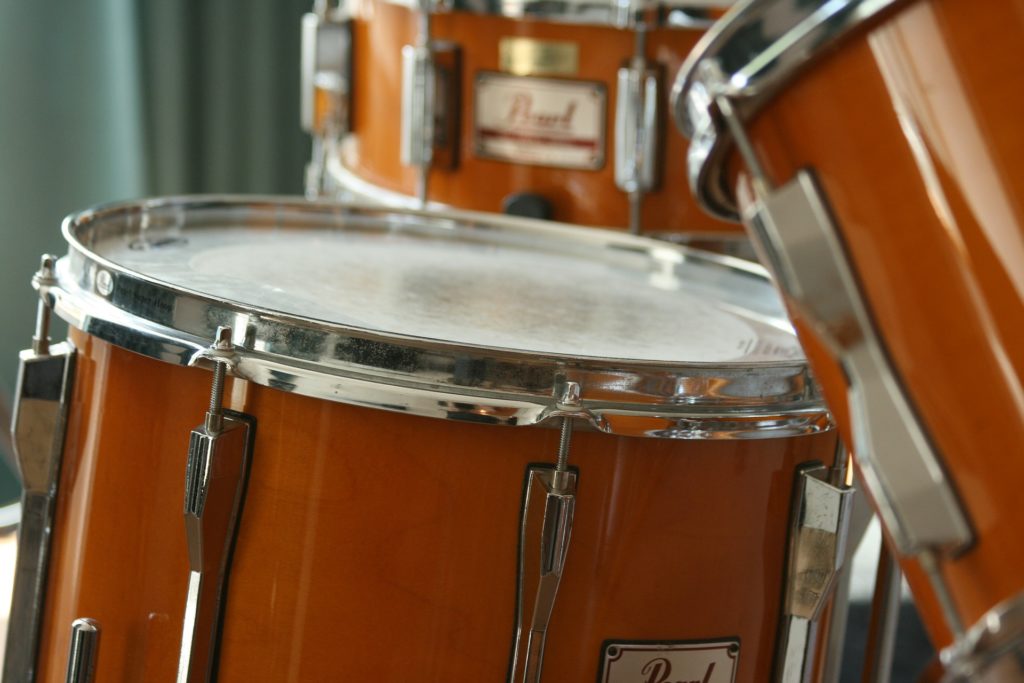7 Tips and Tricks for Practicing Drums Without Making Too Much Noise

So you play drums, but your parents or neighbors keep banging on your door to stop making so much noise. How are you supposed to get better at drums if you can’t practice? Lucky for you, there are several simple solutions for you to try.
1. Using an Electric Drum Kit
These are not the same instruments that they used to be, with the advent of current technology. Gone are the days of useless rubber pads and poor quality samples. The quality has definitely gotten a lot better so that they sound like the real thing, and you can control the volume so that you’re not disturbing everyone else around you. Take a look at what’s available in the market, such as on this page, so that you can buy the right electric drum kit for your needs.
2. Using Different Sticks
Wooden drumsticks are the most commonly used tool, but they do produce a lot of noise. If you still want to practice without having people yell at you through the door, then you may want to consider getting brushes or hot rods to practice with. Hot rods produce a much lighter sound than sticks by combining several dowel rods together to lessen the vibrations. Brushes produce the same light effect, but do so with metal wires at the ends instead of wood. They don’t have the same weight, however, and require a bit more effort to produce sound.
3. Using Practice Pads
Practice pads providing cushioning between the drumsticks and the drums, reducing the noise that’s being produced. They’re made of rubber so they absorb the majority of the vibrations to produce a quieter sound. And when you’re done practicing, just remove the pads and your drums are still as good as new. They’re great as a temporary solutions that doesn’t damage your drum kit in any way.
4. Soundproofing
You could consider soundproofing the room you practice in, but it’s going to be an expensive project. It means covering every single wall with soundproofing materials, and they don’t come cheap. It’s a last resort effort if you’re still getting complaints, but you have to be sure that the cost of soundproofing your practice room is worth it.
5. Getting Low-Volume Cymbals
Rubber cymbals are a good first choice, but they sound off and clunky. Instead, there are other low-volume cymbals that still give you that authentic sound, just not as loud. They’re covered in tiny holes that reduce the sound being produced, reducing the volume by as much as 80%. They’re definitely worth considering.
6. Muffling Your Bass Drum
If you want to reduce the volume of your bass drum, you need to first remove the resonant head and then stuff the body of the drum with an item or several items to dampen the sound. This could be bed sheets, several towels, or a decent-sized pillow, anything that will stop the sound from traveling.
7. Getting Mesh Drum Heads
Mesh heads are usually used on electric drums, but they can be used on acoustic drums are well. They’re great at reducing the volume and cost just as much as regular batter heads. Definitely the most affordable solution for making your drum practice more quiet.
It’s hard to make the noisiest percussion instrument more quiet, but with these tips in place, you can practice in peace without causing too much disturbance. That means more practice, which will only improve your skills.


